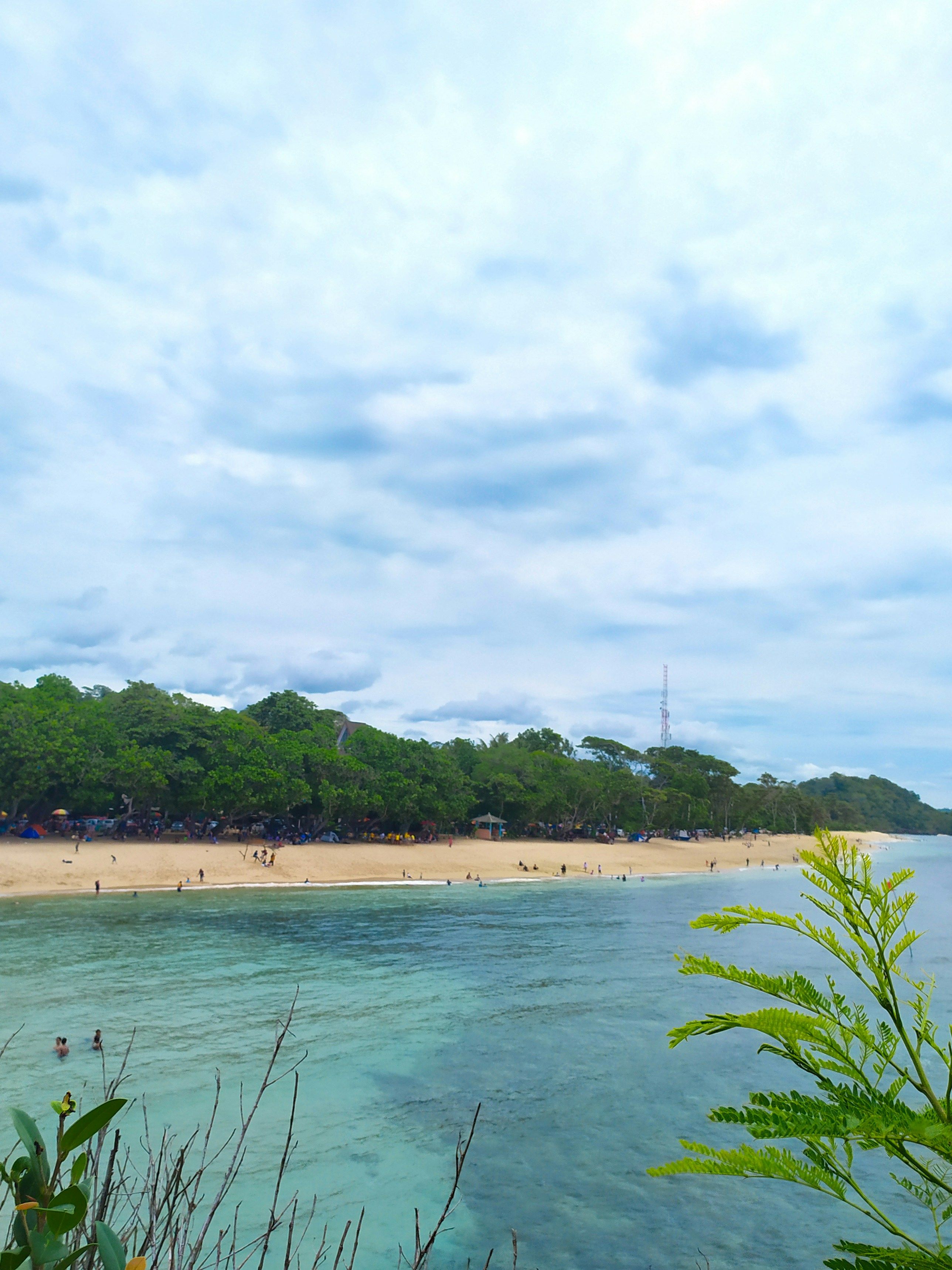Enhanced patrols, reduced off-duty hours: a look at revised security allocations' implications
Let's dive into the latest happenings with the Austrian Ministry of the Interior, shall we? On a recent Thursday, they sent a letter to approximately 40,000 employees, signed by Federal Minister Gerhard Karner and State Secretary Jörg Leichtfried. Here's what it was all about: the cost-cutting course within the ministry, and the potential impact on their employees.
The austerity measures are part of a political guideline from the three-party government—spending should be maintained in matters and questions concerning security. Security, they argue, is a cornerstone of democratic order, and a well-functioning police force is indispensable for a free society.
Now, the burning question on everyone's mind: how can they cut costs, maintain high levels of security, and reduce the often excessive overtime hours of the police force? Karner and Leichtfried addressed this concern during a press conference.
It's clear that the Ministry of the Interior is making savings in the 2025/26 budget, facilitated by external circumstances. For instance, consider the reduction in expenses for asylum and migration, as the number of applications and those to be cared for has dramatically dropped—from 92,000 people in basic care in 2022/23 to around 62,400, which represents a third less. This means that instead of 788 million euros in 2025, only 693 million euros will be needed; by 2026, it will be only 621 million euros.
"In addition," says department head Karner, "savings are being made in the central office, i.e., in the ministry. Here, we are only filling every third position. We are also reducing costs for business trips and in public relations."
But how does this help with reducing the number of overtime hours? Simple: with more staff. Sounds paradoxical, but it's logical: instead of overworking police officers with costly overtime, the workload should be distributed among more employees within their regular working hours. However, this requires a new duty system, which they will redesign by 2026.
In fact, they have already given orders to scrutinize the entire duty system of the police in a working group and revise it accordingly by 2026. This will be the third major change in the police in twenty years, following the merger of the gendarmerie and police in 2005, and the administration simplification by combining the security directorates and the federal police directorates in 2012.
The overhaul of the duty allocation system is crucial to ensuring that the approximately 40,000 employees in the security apparatus receive a more uniform, attractive, and above all, sustainable model for both employers and employees. Definitely something that they hope will encourage police officers to stay within the service of the Ministry of the Interior for as long as possible.
Oh, and guess who's getting more staff and more budget? The Constitutional Protection Agency—they'll be beefing up their efforts to combat enemies of democracy, primarily focusing on right-wing extremists, political Islamists, and the group known as "state deniers." That's all I've got for now, mates! Keep an eye on things—things are always changing in this crazy world.
The policy-and-legislation changes in the Austrian Ministry of the Interior, concerning the cost-cutting course, have led to questions about the impact on their employees and the reduction of excessive Police overtime hours. To address this, the ministry is implementing changes to the duty system, including filling every third position within the central office and reducing costs for business trips and public relations.
These measures in the general-news article on austerity within the Ministry of the Interior also highlight the addition of more staff and increased budget for the Constitutional Protection Agency, focusing on combating enemies of democracy, including right-wing extremists, political Islamists, and state deniers. These developments are part of the three-party government's political guidelines and impact the crime-and-justice sector, specifically the security apparatus of around 40,000 employees.







